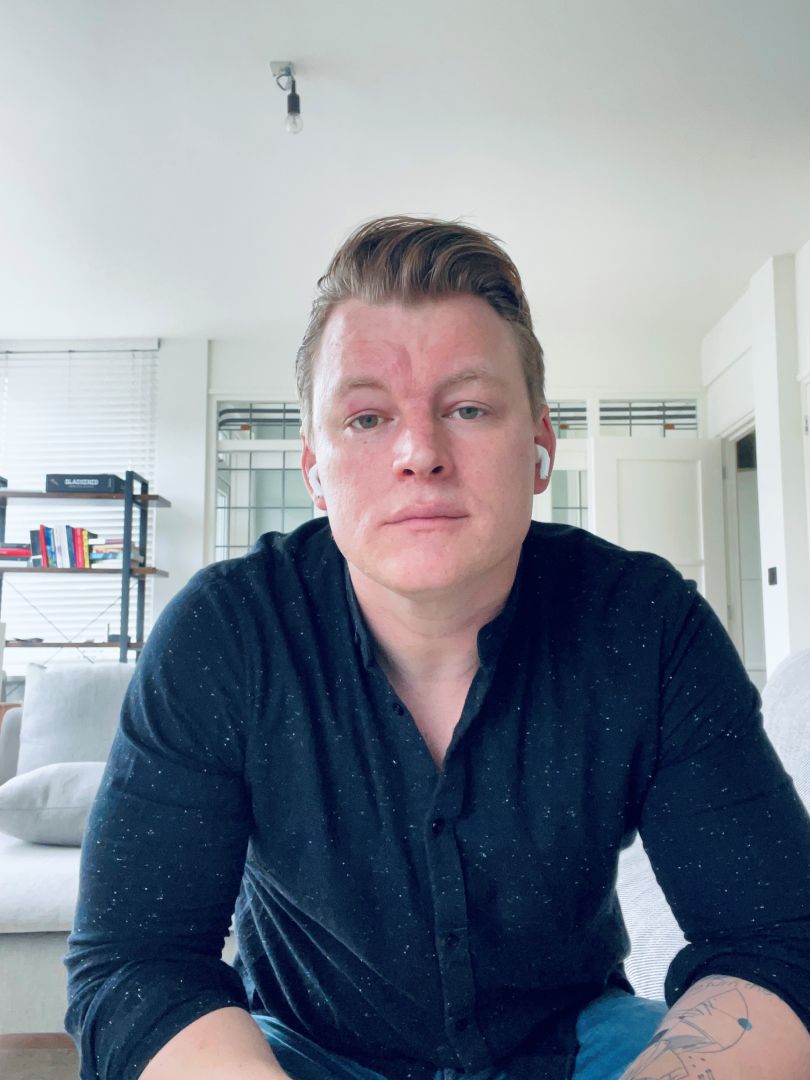Supporting Democracy - Analysing populism to understand contemporary democracies
Newsletter

Newcomer in Rotterdam to work on his MSCA project, Ryan Kopaitich aims to use populism as a lens to analyse contemporary politics in democracies. He explains why it is important to develop new tools to comprehend democratic societies.
Ryan Kopaitich, in his own words
I am currently a Marie Skłodowska-Curie fellow at the Erasmus University, Rotterdam (the Netherlands). More specifically, I’m based in the Erasmus School of Philosophy where I work with the project supervisor Sjoerd van Tuinen.
Born and raised in San Diego, California, I completed my PhD at the University of Bern (Switzerland) in 2018. Between then and the beginning of this project, I was out of academia for reasons outside my control and was able to submit my proposal to the career restart panel, allowing me 3 years of research funding.
With his project “Articulations of Desire: Populism and the Future of Democracy,” Ryan approaches populism as the “eruption of a repressed collective desire.” He explains what is behind this concept: “Repressed desire is almost a place holder term, or rather, a term for the closest way to describe it that I’ve thought of yet.”
Ryan explains: “I think that institutional democracy needs to exclude political desire in ways that cause it to become expressed as populism.”
By developing a concept of ‘political desire’ and examining the nature of populism, Ryan seeks a new understanding of democratic collectivity that challenges so-called ‘dominant liberal models'.” In this scope, populism is used as a tool to better comprehend collectivities.
Ryan adds that it is important to analyse societies with tools adapted to their context, which is currently not the case. “Liberal democracy has done a lot, but its conceptual tools are outdated ontologically, ethically, and even semiologically. This is maybe my most contentious point,” he explains.

Developing new conceptual tools
Ryan’s project aims to provide useful conceptual tools for further inquiries into political philosophy and democracy. He explains: “I think ‘collective desire,’ thought politically, can provide a basis, or a start, to rethinking the conceptual metrics by which we measure and conceive of democracy.”
Currently, Ryan and his project supervisor are working on an edited collection that examines the relations between populism, desire, and democracy from a variety of perspectives. Our fellow is also refining his book’s proposal and finalising the first article of his project.
When asked about the next steps, Ryan says he hopes to publish the edited manuscript of his dissertation shortly. “I’m approaching this research from multiple angles, all with a view to further understanding how the institutional mechanisms of democracy interact with desire,” he concludes.
Aurélia Chaise
MCAA Editorial Team